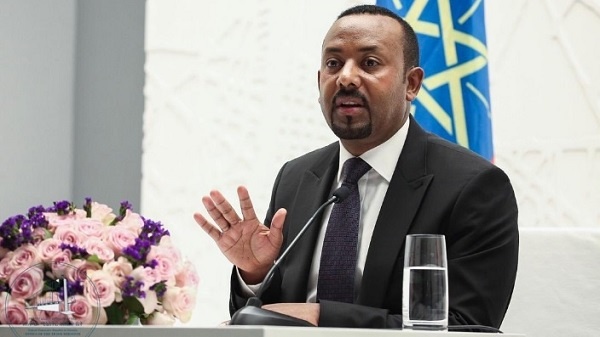
William Davidson offers some helpful context and background for understanding Ethiopia’s current situation, including what is driving change and the counter-reactions to the process of democratic renewal
By Mark Leon Goldberg (UN Dispatch)
Ethiopia’s political scene is changing. Since taking office in April 2018, Prime Minister Abiy Ahmed has accelerated a process of political opening, including a greater freedom of press, the release of political prisoners, a detente with Eritrea, and other meaningful reforms.
But Ethiopia’s transition to a liberal, open and multi-party democracy has faced some significant challenges in recent weeks. On June 22, a general tried to orchestrate a coup attempt, which resulted in two high profile assassinations. That coup attempt, which failed, came on the heels of inter-communal clashes that forced nearly 3 million people from their homes.
Now, the democratic renewal underway in Ethiopia is very much being challenged.
On the line to help explain why Ethiopian politics is at such a pivotal moment right now is William Davidson, senior Ethiopia analyst with the International Crisis Group. He offers listeners some helpful context and background for understanding the current situation, including what is driving change and the counter-reactions to the process of democratic renewal. If you have 25 minutes and want to learn why Ethiopian politics is at such a crucial crossroads right now, have a listen.
Source: UN Dispatch
——
Other stories:
- Sidama statehood activists delay referendum
- Ethiopia postpones national census, again, due to security concerns
- VIDEO ― Ethiopia’s first female Supreme Court Chief hopes to rebuild trust
- United States should acknowledge critical challenges for Ethiopia’s transition
- New journalist arrests in Ethiopia put press freedom gains at risk ― Amnesty International
